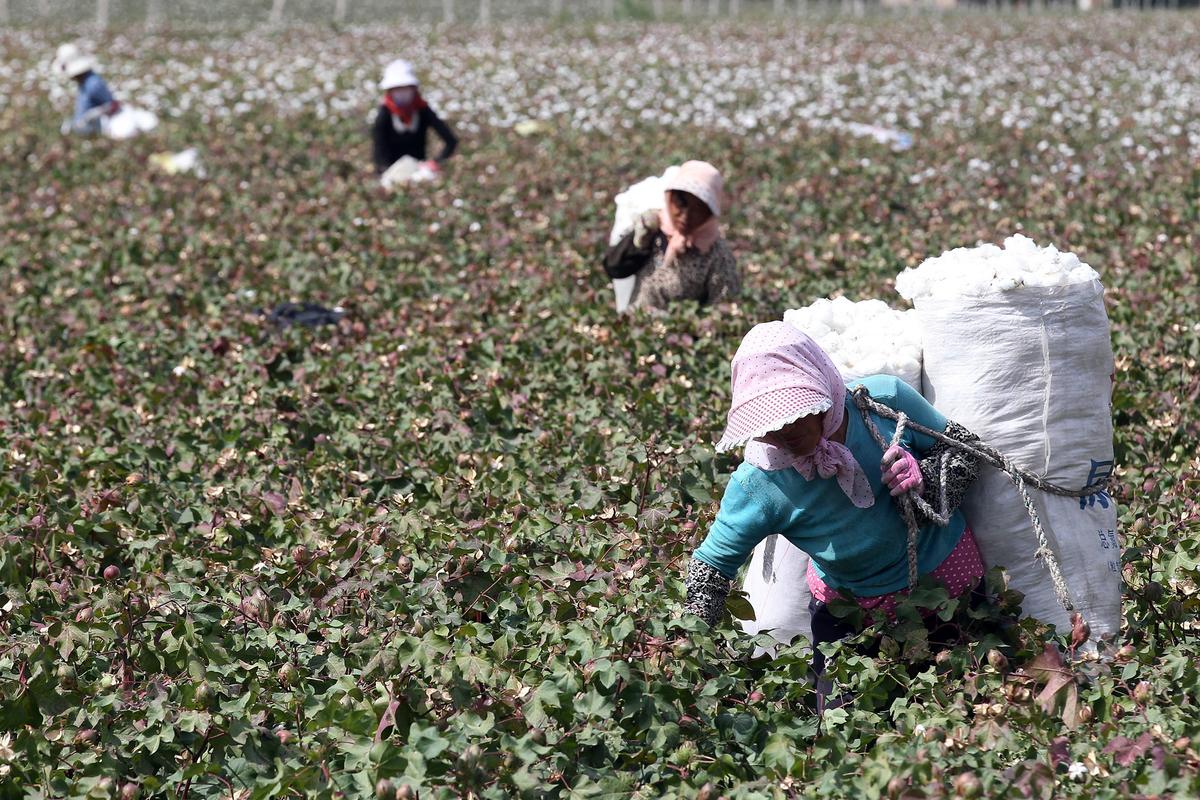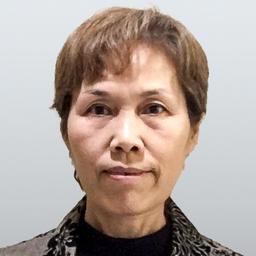Beijing has been cracking down on Chinese civil organizations and international non-governmental organizations (NGOs) in recent weeks. NGOs have been recognized as a potential threat that could instigate a color revolution, which would undermine the Chinese Communist Party (CCP).
The CCP Suppresses NGOs to Silence the World
The CCP has recognized that international NGOs are behind a series of human rights activities in China. The recent H&M boycott has put slave labor in Xinjiang under the spotlight.Human rights abuses against Uyghur Muslims in Xinjiang have been documented in recent years. According to U.S. think tank Newlines Institute for Strategy and Policy (formerly the Center for Global Policy), “in 2018, three Uyghur regions alone mobilized at least 570,000 persons into cotton-picking operations through the government’s coercive labor training and transfer scheme. Xinjiang’s total labor transfer of ethnic minorities into cotton picking likely exceeds that figure by several hundred thousand.”
Other international companies that follow BCI practices were also implicated in the H&M boycott, such as Nike and Adidas.

CCP Blames NGOs for Inciting Hong Kong’s Pro-Democracy Protests
In retaliation for the Hong Kong Human Rights and Democracy Act bill imposed by the United States, Beijing announced on Dec. 2, 2019 that it would impose sanctions on a handful of “NGOs that played an egregious role in the recent disturbance related to an amendment bill in Hong Kong,” said foreign ministry spokesperson Hua Chunying at a press briefing. The NGOs included the National Endowment for Democracy (NED), the National Democratic Institute for International Affairs, the International Republican Institute, Human Rights Watch, and Freedom House.Hua said, “A great amount of evidence proves that these NGOs have supported anti-China forces to create chaos in Hong Kong and made utmost efforts to encourage these forces to engage in extreme violent criminal acts, and also hyped separatism activities in Hong Kong.”
The CCP’s mouthpiece People’s Daily published an article on Dec. 3, 2019 and lashed out at NGOs: “These American NGOs, headed by the NED [National Endowment for Democracy] are the strategic pawns to export American democracy. Its purpose is to subvert the target state. … It is also the big sponsor of the ‘Tibet independence’ and ‘Xinjiang independence’ forces.”
People’s Daily also cited the CCP’s Political and Legal Committee’s WeChat account “Chang'an Jian,” which stated that American NGOs are “operators in the anti-extradition movement in Hong Kong” which began in mid-2019.
U.S.-based China affairs commentator Li Yanming told The Epoch Times that the CCP blames NGOs for starting the color revolution in Eastern Europe, and inciting international condemnation of the CCP’s tyranny in Xinjiang, Tibet, and Hong Kong.
The CCP Fears Civil Organizations
As early as 1996, the CCP has disclosed in a report, that civil organizations “are a major hidden danger that undermines China’s political and social stability.”“It [civil organization] has close ties with anti-China and anti-communist forces in the West, Hong Kong and Taiwan. It uses politics as its purpose and uses academic research as a cover. It accepts donations and commissions from foreign hostile organizations. Some even acted as tools for opponents of Western hostile forces to infiltrate, subvert, and steal secrets from us,” the report said.
Li believes that the CCP has always had a sense of political crisis since its establishment. In order to fulfill its ambition of dominating the world, the CCP uses draconian measures to ensure stability such as suppressing dissenters and those who criticize the regime.





